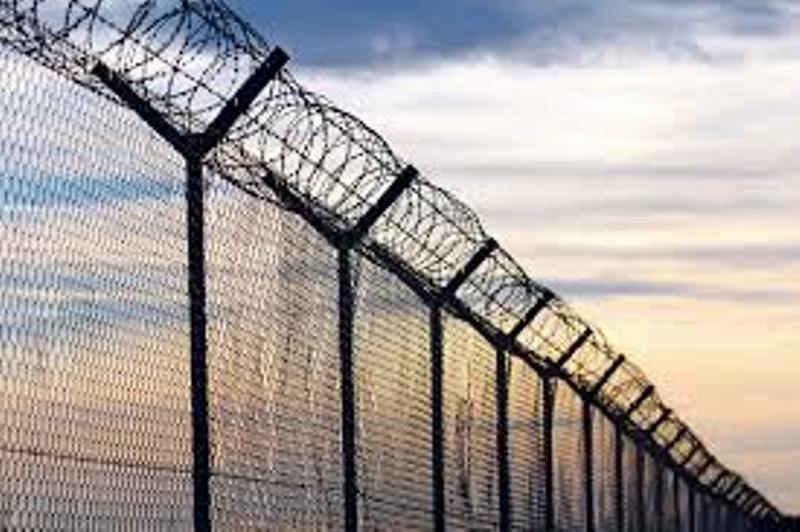Kohima: The Tenyimi Union Nagaland (TUN), representing five major Naga tribes, has strongly opposed the Centre’s plan to fence the border with Myanmar.
They argue that this move will have a profoundly negative impact on the Naga people, affecting their livelihoods and disrupting their deep-rooted cultural connections.
The TUN serves as the apex body for five distinct Naga tribes: the Angami, Chakhesang, Pochury, Rengma, and Zeliang.
According to the TUN, the border fencing would disrupt economic activities, isolate communities, break vital connections, and severely hinder access to education and healthcare.
TUN president Kekhwengulo Lea stated that the fence was not merely a physical barrier, but also an attack on their identity, heritage, and dignity.
It urged the Central government to reconsider the decision to fence the Indo-Myanmar border, stressing the importance of safeguarding the ancestral lands and upholding the rights and dignity of the Naga people.
Lea said, “The Free Movement Regime (FMR), established in the 1950s, initially permitted limited cross-border travel. However, subsequent regulations have significantly restricted this freedom, severely impeding the ability of Naga communities to maintain vital cross-border social, cultural, and economic ties.”
ALSO READ: India completes 9.2 km border fencing at Manipur’s Moreh: MHA Report
The TUN has issued a call to action, urging all Naga individuals, communities, and organizations to unite in their opposition to the border fencing.
This collective effort is crucial to protect the Naga people’s future from further division and fragmentation, it said.
Notably, India has completed a 9.214 km-long border fencing project at Manipur’s Moreh along the India-Myanmar border to enhance security and prevent illegal cross-border activities.
According to the Ministry of Home Affairs (MHA) Annual Report 2023-2024, work on constructing a road parallel to the fence is currently in progress.
The porous 1,643-kilometer India-Myanmar border, which passes through the states of Arunachal Pradesh (520 km), Nagaland (215 km), Manipur (398 km), and Mizoram (510 km), remains vulnerable to smuggling, illegal migration, and insurgent activities.















